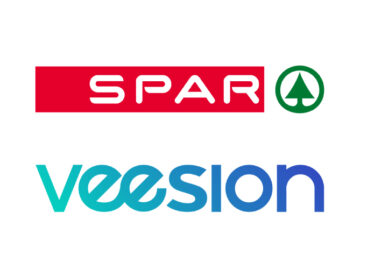MNKSZ: The pandemic strengthened the ties between members
Our magazine interviewed Katalin Neubauer, secretary general of the Hungarian National Trade Association (MNKSZ).

– What was the time between the 2nd and the 3rd wave of the pandemic enough for? You didn’t have a whole year to return to normality.
– There are two sides to every coin. Although families spent much less before Christmas than they usually do, the members of MNKSZ got closer to each other because of the pandemic. The relationship between them is now more honest than before. Thanks to this, communication became more efficient and this way it is easier to manage the frequent changes entailed by the pandemic situation. We hope that MNKSZ and its members will keep this attitude in the long run, because Hungarian retail can only make progress if we support each other – both professionally and morally.
– This year’s lockdown was probably less of a surprise than the first one. What were the things that did cause problems?

Katalin Neubauer
secretary general
MNKSZ
– Retailers were much more prepared, but to close shops just before Easter was a very hard thing to do. Fashion and shoe stores suffered the biggest blow, who had already placed their orders months in advance. FMCG retailers also had to face difficulties, for instance still only a limited number of shoppers can enter the store at a given time.
– The special rules retailers must comply with are likely to bring more inspections by the authorities. What is the experience of MNKSZ and its members in this field? Can MNKSZ help members in any way?
– We have a very good relationship with the Ministry for Innovation and Technology, so we get the chance to discuss all the important issues and practical problems with the state secretariat for retail trade and consumer protection.
– Since last year has MNKSZ managed to achieve a breakthrough with the ministry in clarifying the legal background for the relationship between shop landlords and tenants?
– Yes, as this March when the lockdown started, the government decree didn’t say that customers weren’t allowed to enter shops, but it stated that shops had to close. This was a very big difference in comparison with last spring and MNKSZ worked very hard for this. Now that the law actually obliged shops to close, the owners of locations had a different legal basis for claiming rent payment from retailers. Rent payment is a very sensitive issue, as in shopping centres stores need to pay a square metre based rent, while at major multinational retailers the rent is calculated based on sales revenue. In the latter case you don’t pay anything if your sales revenue is zero forints (e.g. when the shop is closed due to the lockdown), while in the former the monthly rent remains 100 percent even if there is no sales revenue!
– Retail outlets operating in small villages have different problems. How can MNKSZ help in solving these?
– After years of hard work MNKSZ reached an important milestone this year: in April 2021 a new grant programme was launched as part of the Hungarian Village Programme, with a HUF 48-billion budget to improve or reestablish the FMCG product supply in small villages. Applications for funding can be submitted until 12 June.
– How can the retail situation be improved in these small villages?
– We don’t think that a badly managed store can be kept open, irrespective of the size of the village it is situated in. Adding new functions, serving as a Pikk-Pakk parcel collection point, selling medicinal products, taking over postal services, and IT and energy use development can make operating a village store more efficient and profitable. //









